Perryne Anker did not set out to be one of the country’s first female cantors. It just sort of happened, the result of years of hard work, a passion for Jewish music, a knack for diplomacy and no small amount of talent. On Dec. 7, the Academy of Jewish Religion, California (AJR-CA), a 14-year-old “transdenominational” school on Wilshire Boulevard that offers cantorial, rabbinical and chaplaincy programs, will honor the Sherman Oaks resident at an afternoon concert and tea. Proceeds from the event will establish a Jewish music scholar-in-residence program at the school in Anker’s name.
Now, 76, Anker is known to many simply by her distinctive first name (the story goes that she was expected to be a boy named Perry, and her father, off the cuff, came up with the female variation Perryne). She has taught at AJR-CA since its inception and holds the title of associate dean, specializing in repertoire, helping students to hone songs until they are seamless, beautiful and compelling. On a recent morning, she offered a reporter a chance to sit in on a private lesson with third-year cantorial student Lily Tash at Anker’s home studio.
The lesson started with vocalizations. Anker played her Gulbransen upright piano while Tash stood next to her singing “Tu Amore” over and over again. They did the same with “me, may, ma, mo, moo.” All the while Anker listened intently, keeping up a steady stream of banter.
“Beautiful!”
“You have to think when you vocalize constantly. You have to be a machine.”
“Whatever you did, do it again. Couldn’t be better.”
“I don’t like that last note.”
“I don’t think you are being hard enough on yourself when you vocalize.”
“Good, babe! That’s singing. Woo! I really like that.”
“Be careful here. You’re getting into [a] danger zone.”
Together they spent the second half of the lesson working on a Hebrew and English song Tash planned to sing at an upcoming concert. Anker sang a line, and Tash repeated it. To hear them work in tandem in such an intimate setting, their voices clear and sweet and strong, was a huge treat.
Neither of Anker’s parents was a musician. Her dad was a salesman, her mom a homemaker. But, Anker said, “We always had music in our house. I grew up listening to all kinds of music.”
Nor was her family particularly religious. They attended synagogue on major holidays, but at the age of 14, Anker started singing at their conservative, Cleveland synagogue, Temple on the Heights B’nai Jeshurun. It didn’t take long for the temple’s legendary cantor, Saul Meisels, to recognize the young singer’s potential. Soon, Anker was performing with the adult choir during Friday night services and singing solos. Never mind the fact that at the time, she couldn’t read Hebrew.
“In those days, girls didn’t study Hebrew,” she said.
Even though Anker didn’t understand all of the music she was performing, she fell in love with it. “I loved the minor keys,” she said, “the sensitivity of it. I was singing in Yiddish and singing in Hebrew, and I just felt it. It just came out of me.” However, she added, “I never had a dream of being a cantor, because women didn’t do it.”
When Anker was 15, Meisels encouraged her to attend a summer music program at Indian Hill Music Workshop in Stockbridge, Mass. This, she said, marked “the most significant change musically in my life. … It was for kind-of-prodigy young musicians. That opened the door to … my whole professional career. It changed my life. My emphasis turned to classical music.” she said. Anker attended two summers in a row. Meisels then arranged for her to audition for the Juilliard School in New York, arguably the country’s most esteemed music conservatory, and the result was a full scholarship. But she still had to find a way to pay for her living expenses. So, once again, Anker started singing in synagogues on Fridays and Saturdays, as well as at area churches on Sundays, to make money.
Anker had planned to pursue a master’s degree following her graduation from Juilliard, and from all appearances, she was on her way to a successful music career in New York, already cast as the lead in an upcoming opera premiere. But she had also planned a trip to visit her parents, who had moved to Los Angeles. And there, instead, she ended up falling in love, getting married and settling down.
Shortly after Anker and her then-husband had their first child, Anker heard about a new temple being formed, to be named for Stephen S. Wise. “So I went to meet with the rabbi, Isaiah Zeldin,” she said. “That was the beginning of my real Jewish singing career.”
Although her intentions were modest — she just wanted to sing in the temple’s choir — slowly but surely she ended up doing quite a bit more: teaching in the Sunday school and singing duets during Friday night services with Cantor Richard Silverman, who even began writing music for her.
It was at this point, Anker said, that she decided she needed to up her game. “Having been a serious music student at Juilliard, you don’t just do things by the seat of your pants. I was wanting to be authentic, to really study the music and start to study Hebrew.” She began attending cantorial workshops with William Sharlin, Leo Baeck Temple’s cantor, but not yet with the intention of becoming a cantor. She was the only woman in the class at first. But, she underscores, “I never set out to break the barrier,” a claim she admits, “might be anti-feminist.”
Then one day, Rabbi Zeldin and Cantor Silverman sat down with her. “[They] said, ‘You have been doing this a long time. This has become your life, and you should pursue it. You should know more, and we want to give you the opportunity to learn more.’ ” Anker started conducting services on her own at Stephen S. Wise.
She recalls the first time she had to sing the Kol Nidre, on the eve of Yom Kippur. “The night before Kol Nidre, I was at a rehearsal. I suddenly felt like I had no voice. My parents were baby-sitting. I said, ‘I can’t do this.’ I felt like I was getting laryngitis. My father said to me, ‘That’s because you don’t have a role model. That’s because you never heard a women sing Kol Nidre.’ ” That acknowledgement was all Anker needed.
In 1980, she became the sole cantor at Beth Sholom Temple, now Beth Shir Shalom, in Santa Monica, and, by then separated from her first husband, it is also where she met her current husband, now-retired Judge Robert Schnider. She remained in this position until 1992. She never received a formal cantorial degree, in part because there were no cantorial schools on the West Coast at the time; AJR-CA has the first. By now, she has gone on to mentor many more women in the field, helping to make it as diverse as the rabbinate.
Today, Anker is happy to own her achievement. And at the December event, she will receive her honorary master’s degree, “after having half of it my whole life, practically,” she joked. It’s certainly a new world. According to Anker, more female clergy than male are graduating.
And does Anker have any plans to slow down?
“I don’t think I’ll ever stop my work,” she said. She does cherish time spent with her four grown sons and seven grandchildren, all of whom are local. And she and her husband do a lot of traveling. But she loves teaching, as well as the “life cycle stuff” she does, like performing at weddings, funerals and baby namings.
“The joy of this profession for me, and the privilege, is being involved in people’s lives from birth to death, helping them to weave their way through joy and tragedy,” she said. “I really consider it an honor and a privilege. As a result, I know I am part of so many people’s lives, even though my children would make fun of me, when we were in public places, and someone would say, ‘Oh I remember you were my bar mitzvah teacher,’ or, ‘You married me.’ It’s just wonderful.”
For tickets to the event, contact Lauren S. Goldner at (213) 884-4133, ext. 119, or lgoldner@ajrca.org






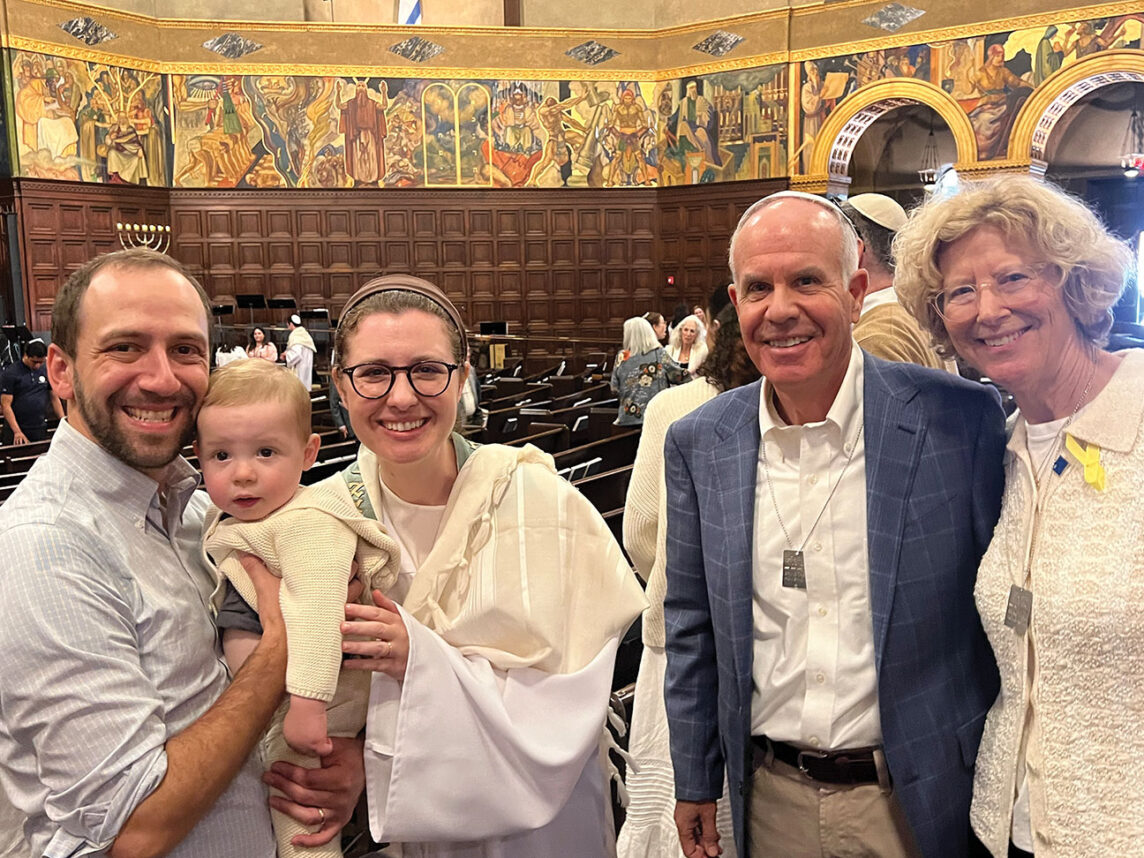
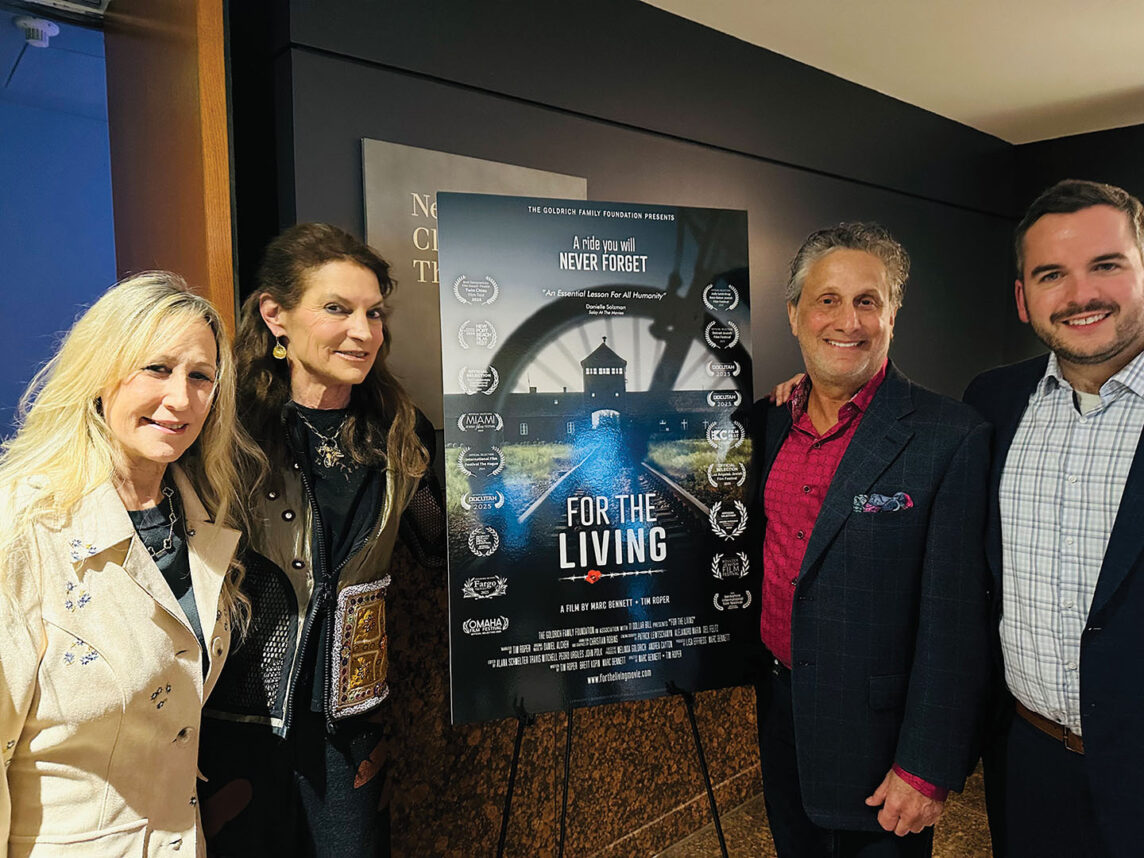



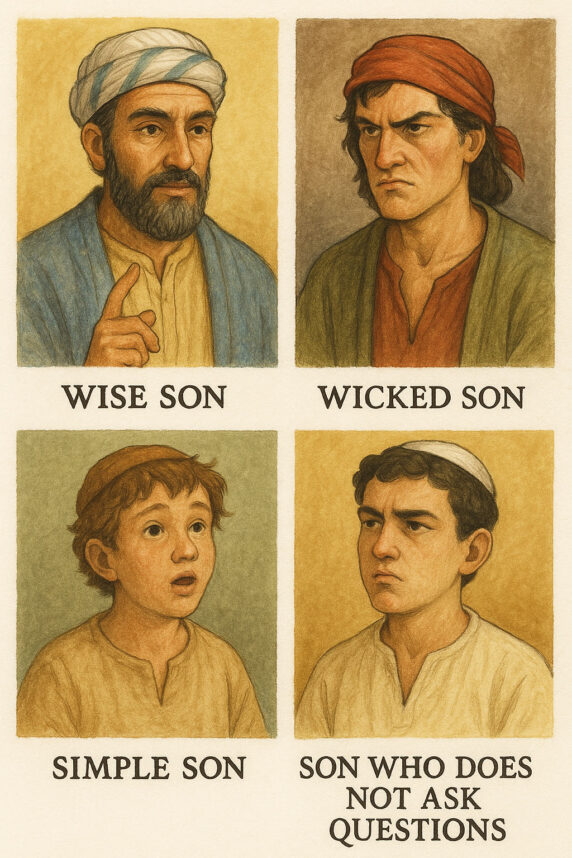




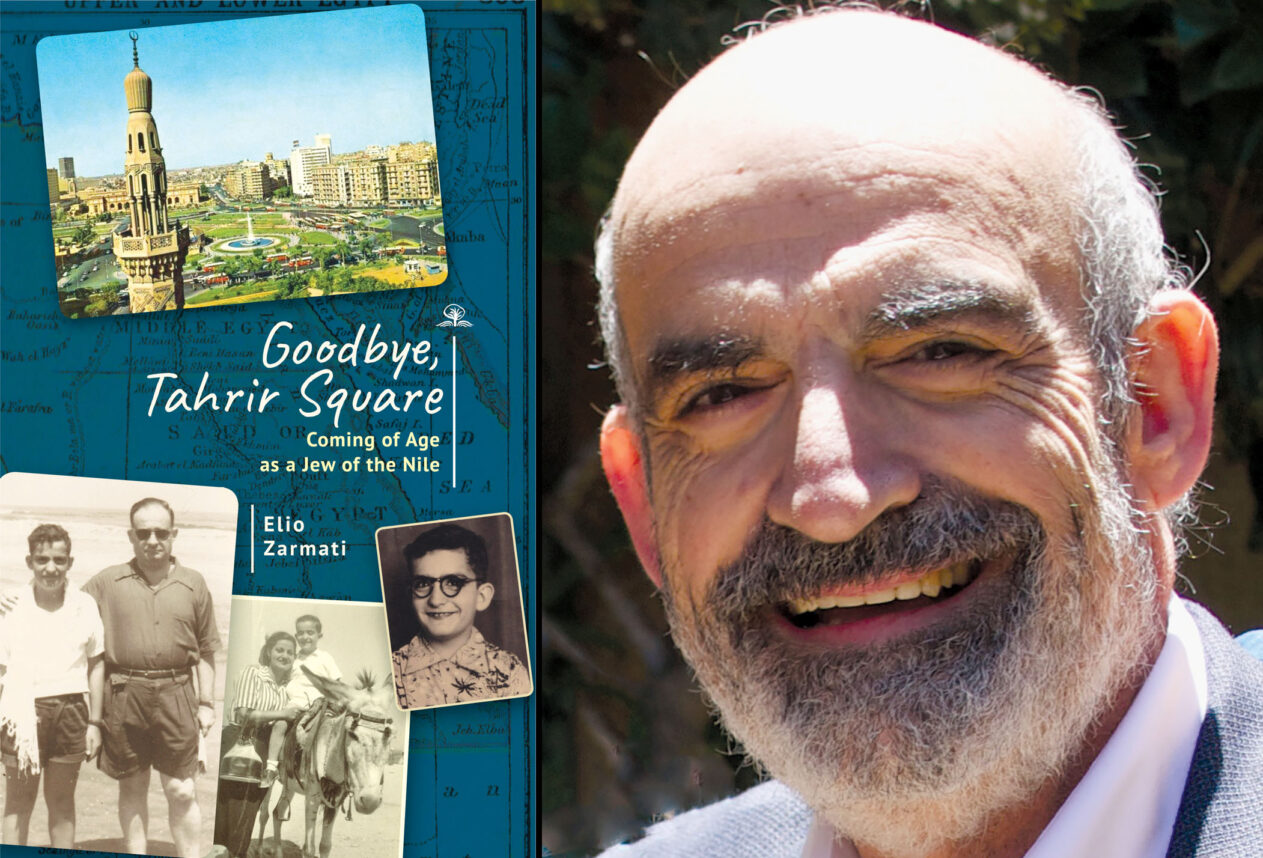



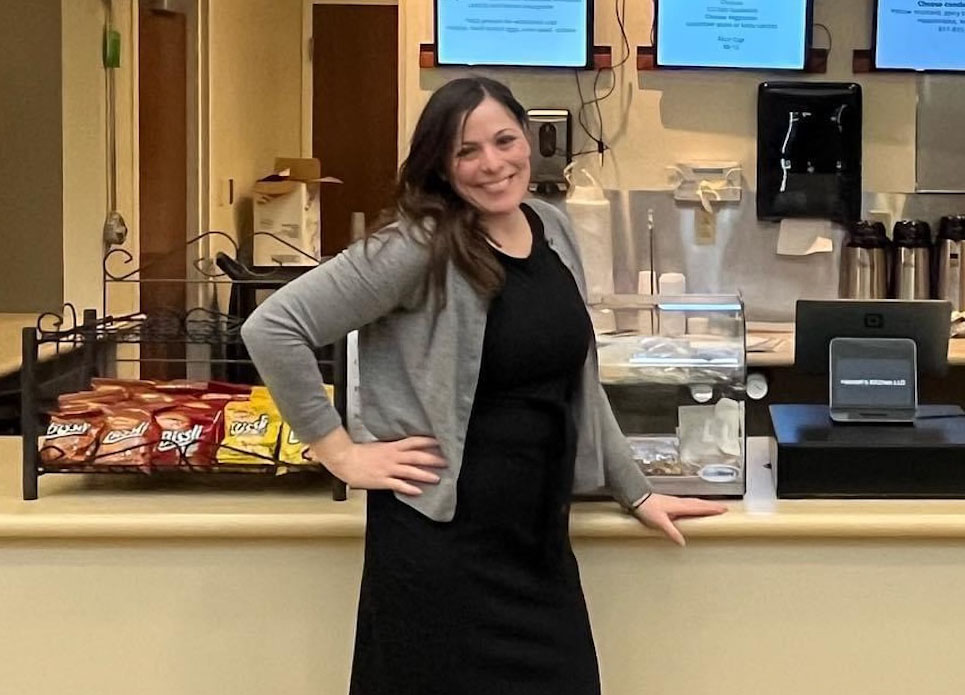


 More news and opinions than at a Shabbat dinner, right in your inbox.
More news and opinions than at a Shabbat dinner, right in your inbox.